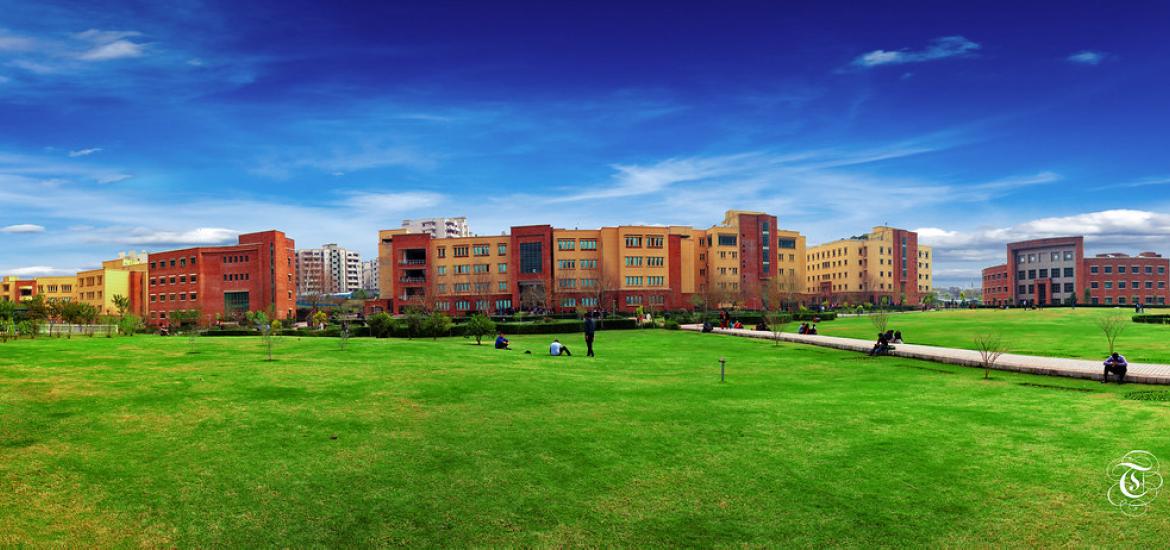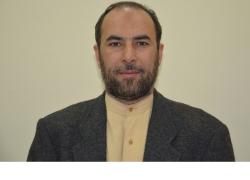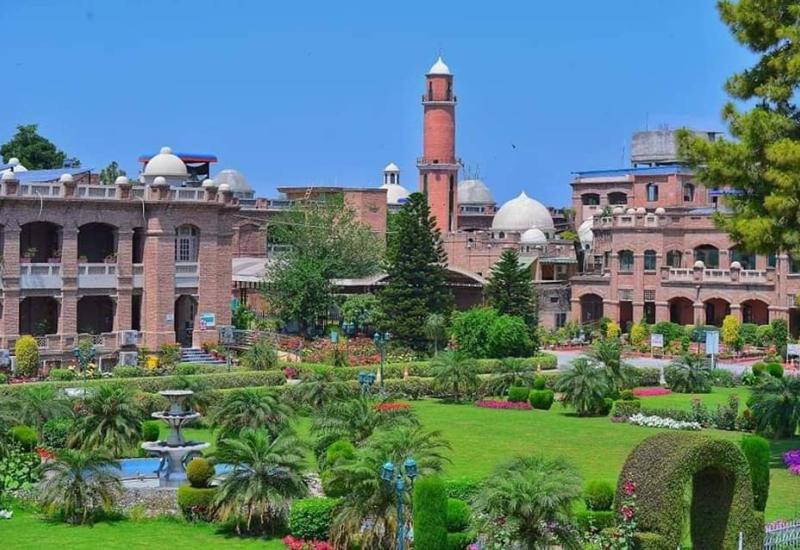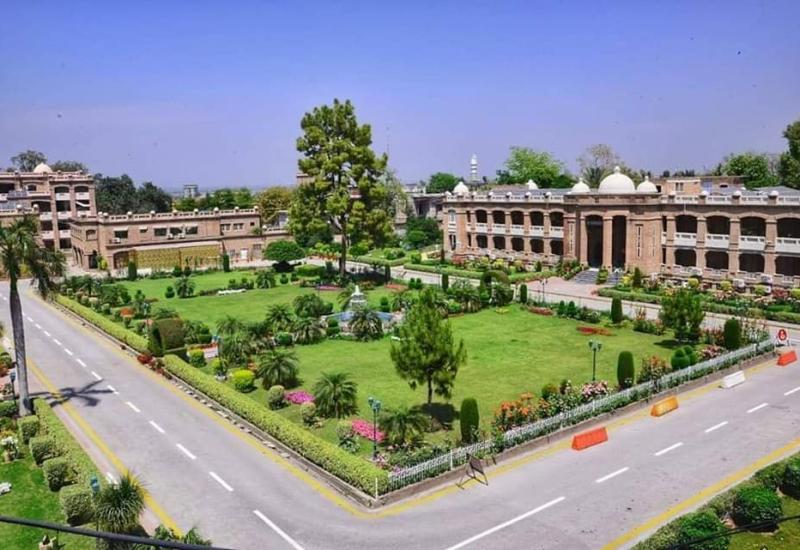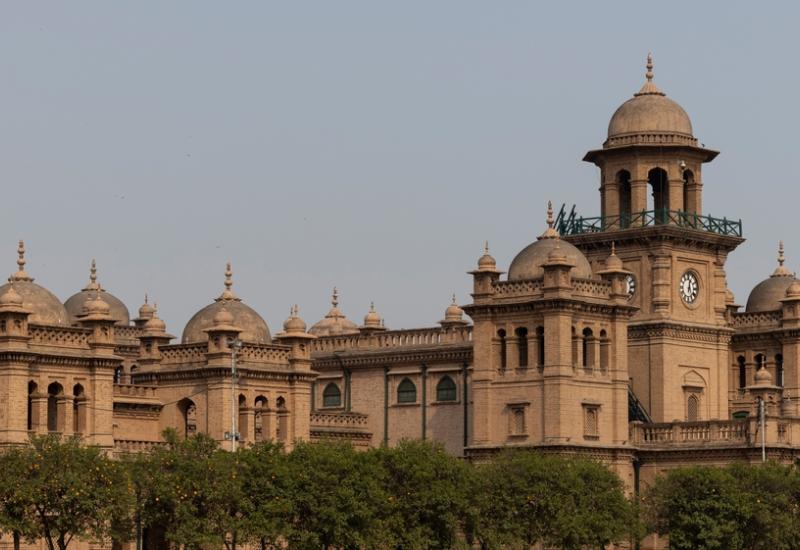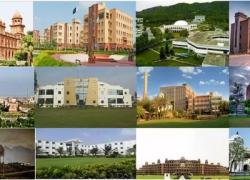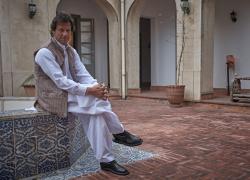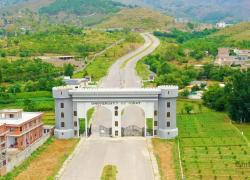The 03 important challenges awaiting the new Vice-Chancellors in Universities in Pakistan
As the appointment of Vice-Chancellors of eight public sector universities in the province is in the final stage and the Higher Education, Archives and Libraries Department of Khyber Pakhtunkhwa has formally moved a summary to that effect on the basis of the names proposed by the academic and search committee following the panel interviews held in Islamabad on December 23 and 24, 2019, the issuance of proper notification to that effect is now just a matter of time. As a total of 24 names have been recommended for the eight positions, with a panel of three final candidates proposed for each university, the process would now take a couple of weeks to complete and the newly appointed Vice-Chancellors assume the office.
On assuming the charge, the newly appointed Vice-Chancellors shall be confronting numerous challenges. Preserving universities’ autonomy, ensuring transparency, managing the critical mass of human resources, launching new academic programs in the cutting-edge technologies, financial sustainability, faculty retention, legal and judicial activism, employees’ associations and probable students’ unions are some of the challenges, the newly appointed academic leaders shall have to address. Nevertheless, some of these issues need serious and urgent attention.
The blog post is aimed at bringing to the limelight three important challenges, the newly appointed academic heads should pay particular attention to. These include financial crises, digitalization and political intervention in the universities affairs. To deal with these emerging challenges, the new vice-chancellors need to have strong leadership, negotiation, interpersonal, digital and decision-making skills. These are discussed here in detail.
1. The impending financial crisis in the Universities
The deplorable financial health of the universities will be one of the greatest challenges for the new academic leaders. In fact, public funding is the prime source of financial support for the state-run universities, without which it would not be viable to run their academic as well as administrative affairs. In the backdrop of serious budgetary constraints, the public sector universities have other matters of serious concern than attaining academic excellence.
Read More: Why the financial crisis is getting worse in the universities in Pakistan?
In such a scenario, one of the widely used remedies available at the disposable of these Vice-Chancellors shall be to increases fee on various accounts (i.e. the students’ admission, examination fee, affiliation fee, application processing fee, students’ retention fee etc.) and curtailing perks and privileges of the employees. These are extensively despicable and highly unpopular measures creating undue unrest in the student’s community as well as employees and no Vice-Chancellor would opt for that. For this, the Vice-Chancellors shall have to explore other sources of revenue generation such as university-industry linkages and consultancies.
2. Digitalization of the Universities in Pakistan
What I have experienced over the years, most of the public sector universities have an enormously low level of automation. Maximum of the internal processes are undertaken manually. The internal functions and operations, in most of the cases, are labour-intensive, toilsome and drawn-out. Serious efforts have not been undertaken in the past to digitalize internal system, sub-systems and processes. The PUC, put up on file, discus, DFA, K.P and through proper channel are the norms of the official business in the universities. This has been discussed in the article-Digitalization of the Universities: A tall order for the academic leadership , at length. This needs urgent attention to be fixed if these institutions of higher learning want to survive in the contemporary academic world. The new Vice-Chancellors shall have to give serious consideration to this widely neglected aspect of the higher education institutions in the country.
3. Political interference in the Universities’ affairs
Another important challenge, the new academic leaders shall have to confront, is the burgeoning political interference in the affairs of the universities. In the backdrop of swelling unemployment political leaders always, exert maximum pressure to have their supporters appointed in the universities through one way or the other. Another fertile area for the politically motivated intervention is the admission in various academic programs. The system of Examinations is the most vulnerable to such encumbrance in the universities. Delay in the examinations and granting undue favour in the viva-voce are other susceptible areas. It has been reported, umpteen times, on the social as well as print media that academics were grilled for resisting such moves. In fact, the new Vice-Chancellors shall be required to have a big heart and strong muscles to weather such interventionism.
Conclusion
These inherent troubles ought not to be taken as a source of despair and pessimism, however, the new Vice-Chancellors need to be mentally and physically prepared for these challenges in order to initiate necessary reforms in the higher education sector.

